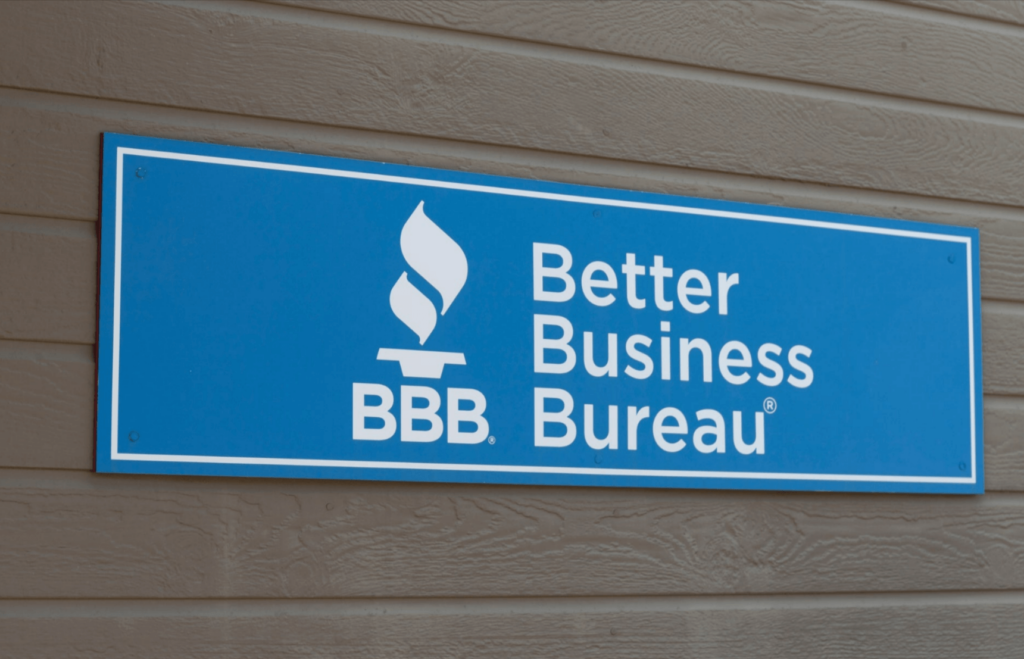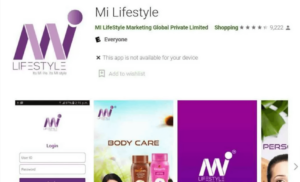What Is the Better Business Bureau and Should You Use It?

Better Business Bureau
Have you ever had a bad experience at work? One resource that most consumers turn to when they have a complaint is the Better Business Bureau (BBB).
But what is the Better Business Bureau and how can it help? In this article, we’ll tell you everything you need to know about the Better Business Bureau. I’m going to share some management thoughts from financial expert Clark Howard.
What is a Better Business Bureau?
The Better Business Bureau is an independent, not-for-profit organization that provides free assistance to consumers seeking to resolve issues related to businesses and the charities they support.
According to their website, the Better Business Bureau has been in business since 1912. They’ve made it their mission to help people find business communities they can trust and set the standard for trust in the marketplace.
Here are some useful features customers will find on the BBB website:
Customer Reviews – Find out what customers think about a company. Business complaints describe various problems that have occurred with the customer and the company.
BBB Scam Tracker, allows consumers to report scams.
How does the BBB rate businesses?
BBB uses a rating and scoring system that consumers often use to determine whether a business is ethical and how to handle complaints. The organization’s company selection process is detailed below.
- Rating: BBB provides a letter grade (A to F) for each company it lists.The rating is “BBB’s opinion of a business based on its response to customer complaints,” the website says.
- Accreditation: Businesses accredited by the BBB will have a blue logo and check mark next to their profile on BBB.org. This means “increased confidence,” says the BBB website. To be certified, a business must have a B rating from the BBB.
Can you trust the Better Business Bureau?
There is no charge for consumers to use BBB’s services, but the organization collects membership fees from member businesses and charities. This is an important question. Can you trust BBB and its rating system?
According to Clark, although the evaluation system is good in theory, its effectiveness is limited.
The BBB is not above contempt. Some consumer watchdog groups say that an organization that receives money from its members is not required to conduct objective evaluations.
In 2010, William Mitchell, CEO of BBB’s Los Angeles affiliate, resigned amid allegations of pay-to-play behind local businesses, including some viewer-created and member-paid fakes.
Mitchell’s innovation of using letter codes to rate companies was eventually shared with BBBs across the country before his plan was introduced.
Mitchell’s innovation of using letter codes to rate companies was eventually shared with BBBs across the country before his plan was introduced.
In recent years, the Better Business Bureau has righted the ship, even with its rogue affiliates and errant partners. So, despite its shortcomings, Clark prefers to use the Better Business Bureau through its free customer service, which helps check a company’s reputation and write complaints.
How to Verify a Company with a Better Business Bureau
To check a company’s reputation and credibility with the Better Business Bureau, use the organization’s website, BBB.org, or call a local office near you.
To find your local office, simply enter your city at bbb.org/bbb-directory and your BBB office and phone number will appear.
To search for a company online, go to BBB.org/search and search for the company name. Make sure you spell it correctly and make sure the company is listed as the parent company.
Here are a few things to keep in mind once you’ve found your business profile:
- Even with a BBB rating
- letter notes
- customer feedback
- customer complaints
According to Clark, consumers shouldn’t worry too much about a company’s positive reviews on BBB.org. “But if the reviews are negative, it’s a clear warning to stay away.”
How to File a Complaint with the Better Business Bureau
To file a complaint with the Better Business Bureau, start the process at bbb.org/file-a-complaint/search.
From there, you enter your business name and location and answer a series of questions, including whether your complaint involves discrimination or human rights issues.
- Please provide your name, email address, email address and phone number.
- You will be asked if your complaint occurred in the last 12 months or if it is related to a health problem.
- Write a summary of your complaint in the box.
- If you want, you can also send supporting documents such as photos, contracts and receipts.
- Please respond if you are a company seeking funding from another company.
- Before submitting, you must check the box to indicate that you have read the Acceptable Submission Terms and Conditions, authorize the company to report to the Better Business Bureau, and agree to “collect, use and disclose” your personal information. BBB Privacy Policy.
“One of the best reasons to file a complaint with BBB.org is that too many large companies use external call centers,” Clark said. “And when you file a complaint with BBB.org, eventually someone at the company will notice that something is wrong.”
While some people say the Better Business Bureau’s rating system is “rigorous,” the organization can’t shut down a business. BBB also does not get involved in legal disputes involving companies.
Unlike the Better Business Bureau
While it doesn’t have all the features that the Better Business Bureau offers, there are many ways to manage when it comes to reporting business behavior to your customers.
Here are some of the best ways the Commerce Department can help consumers determine the quality of a business:
- Angi (Read our review: 4 things you should know about Angi)
- Trustpilot (Read review: Is Trustpilot real?)
- crying
Of course, one of the most effective ways to find a business you can be happy with is to talk about your experiences with your friends, family, and other people you trust.









